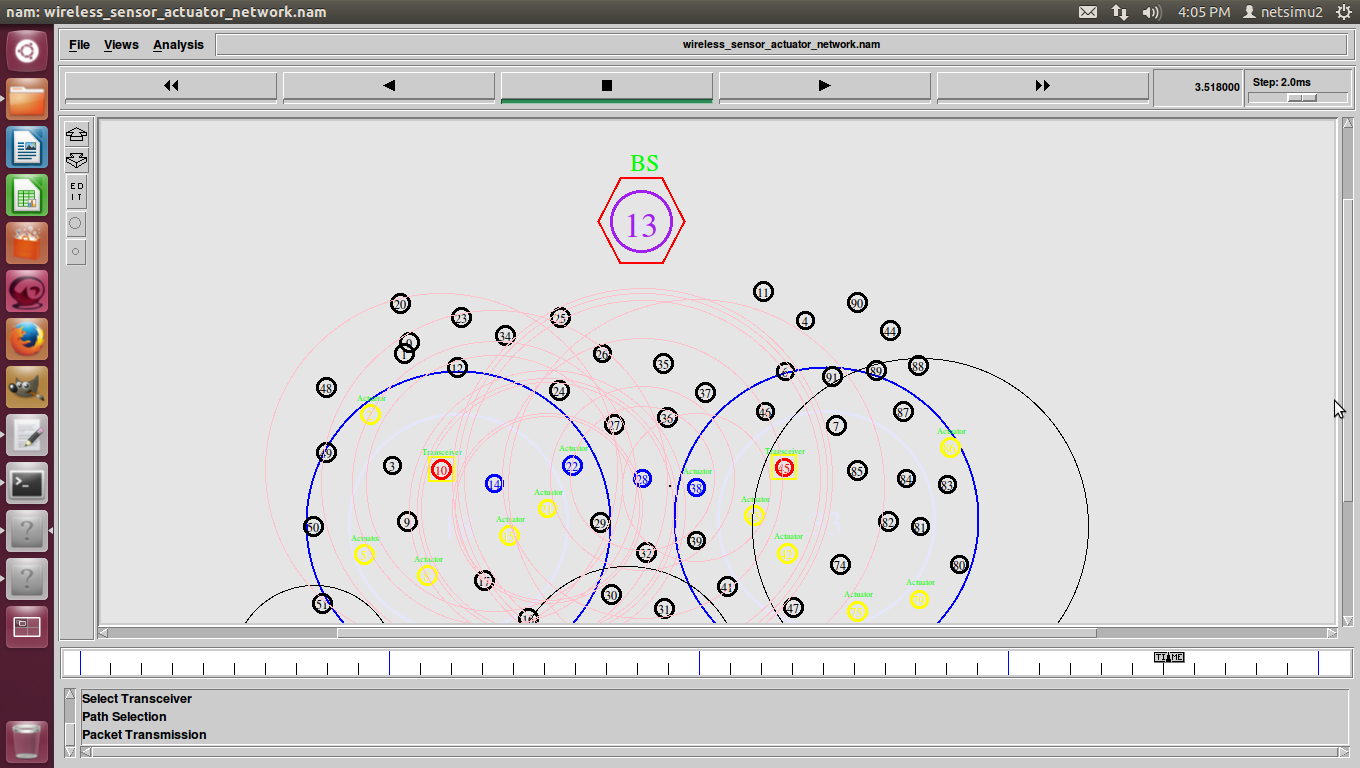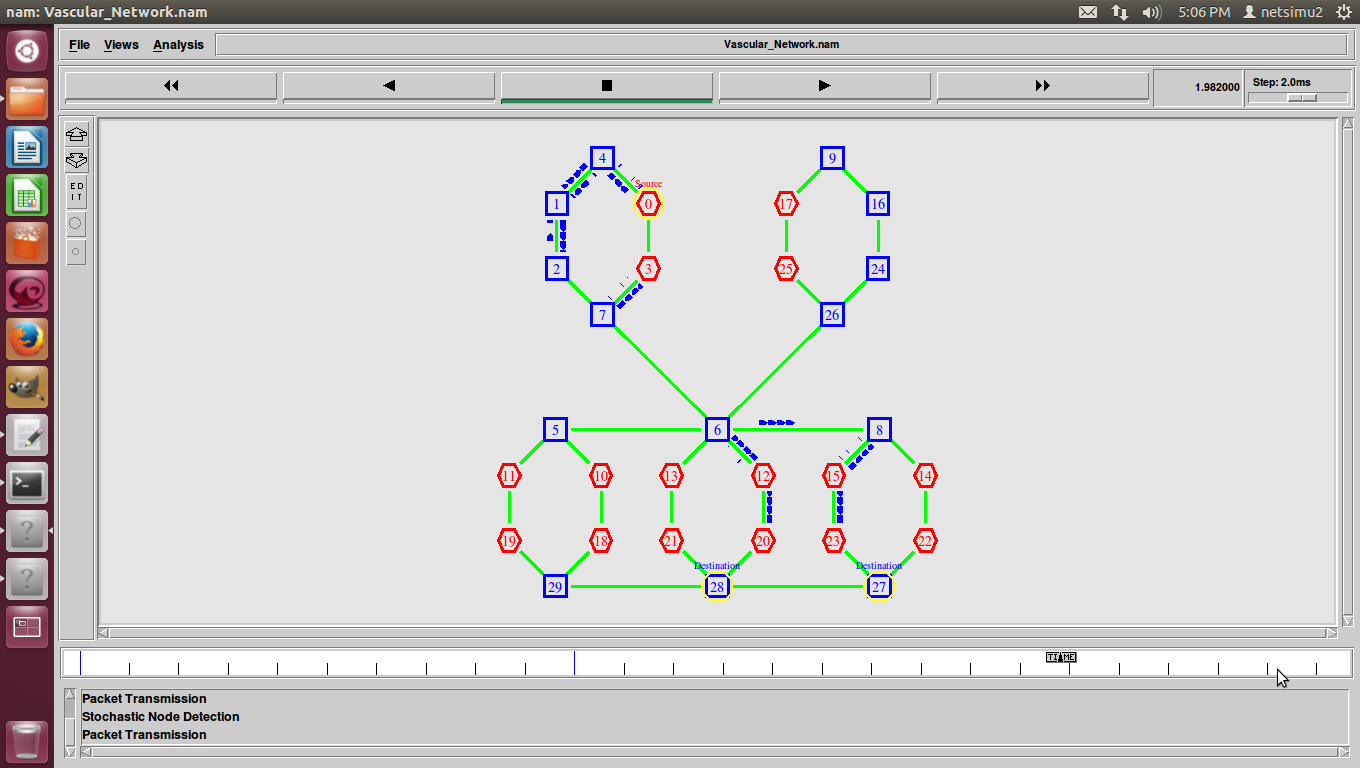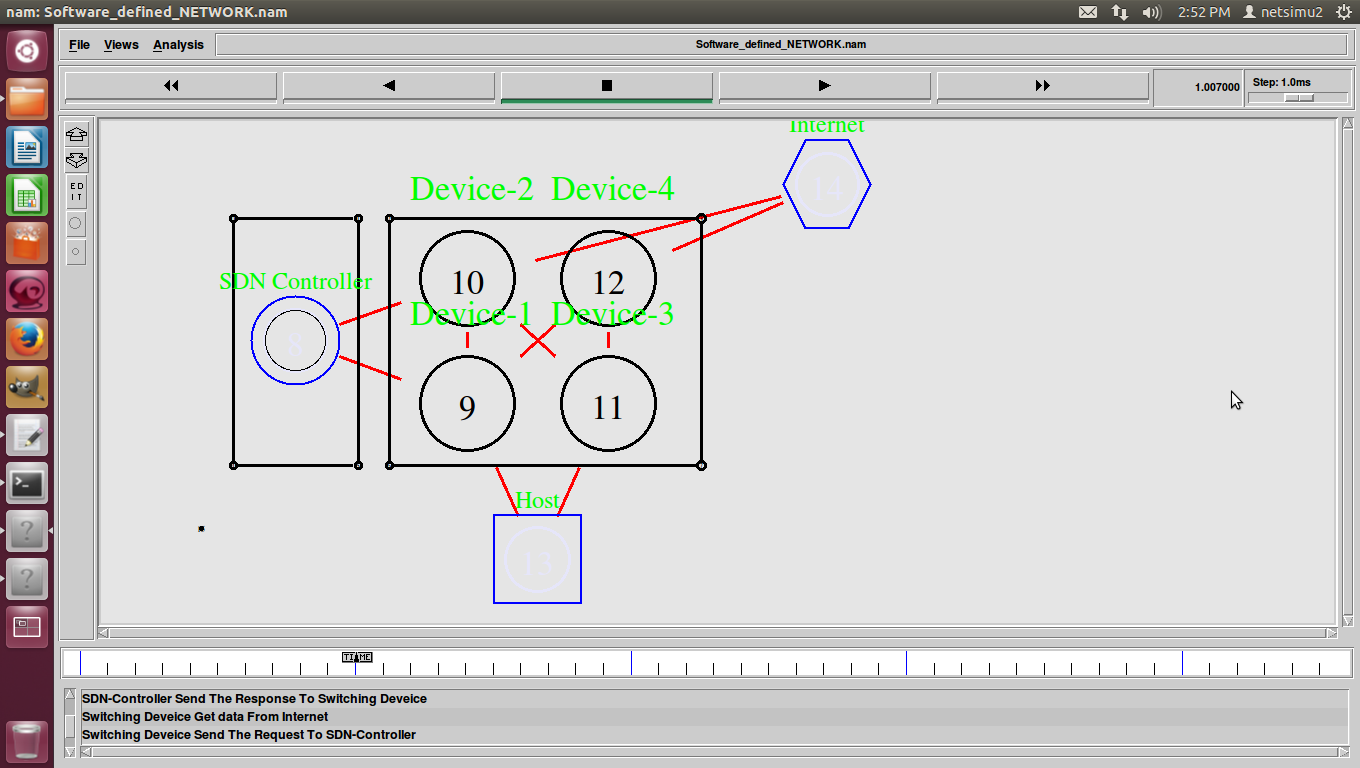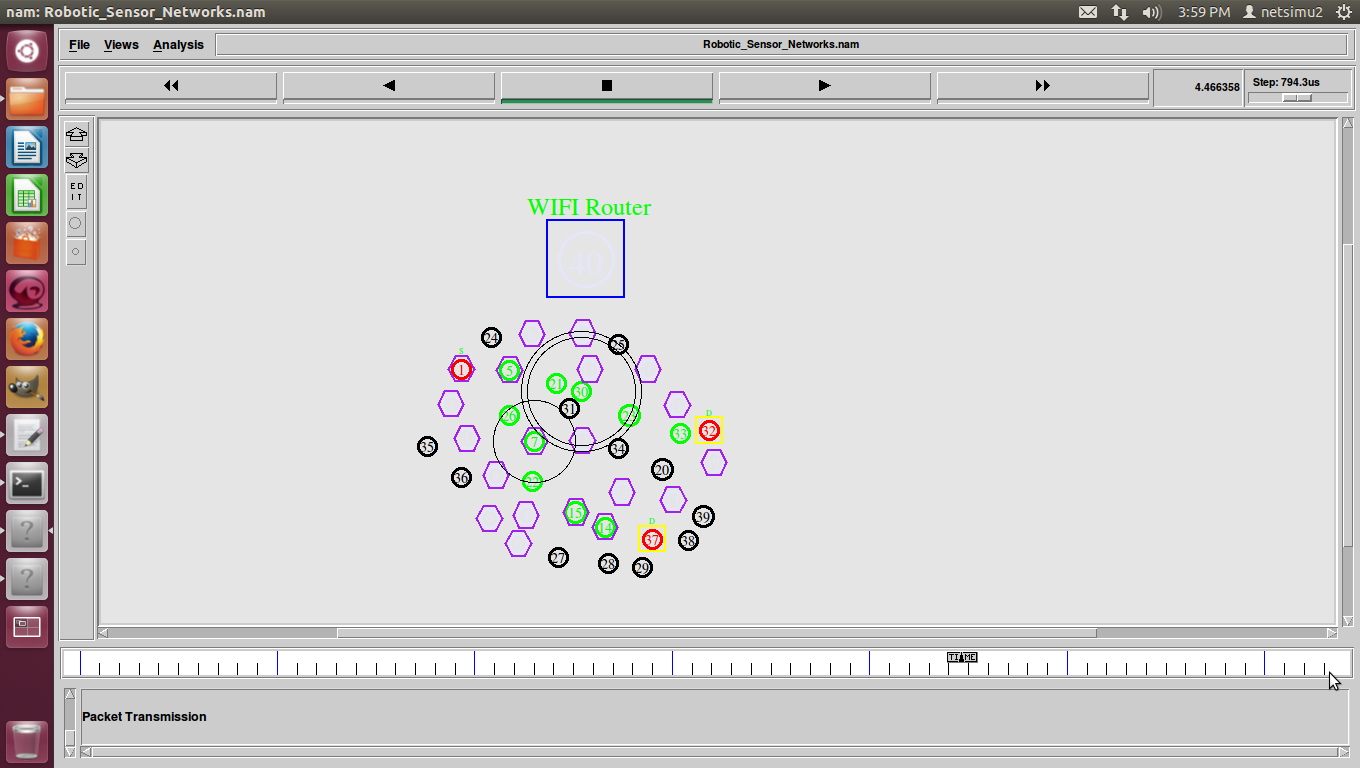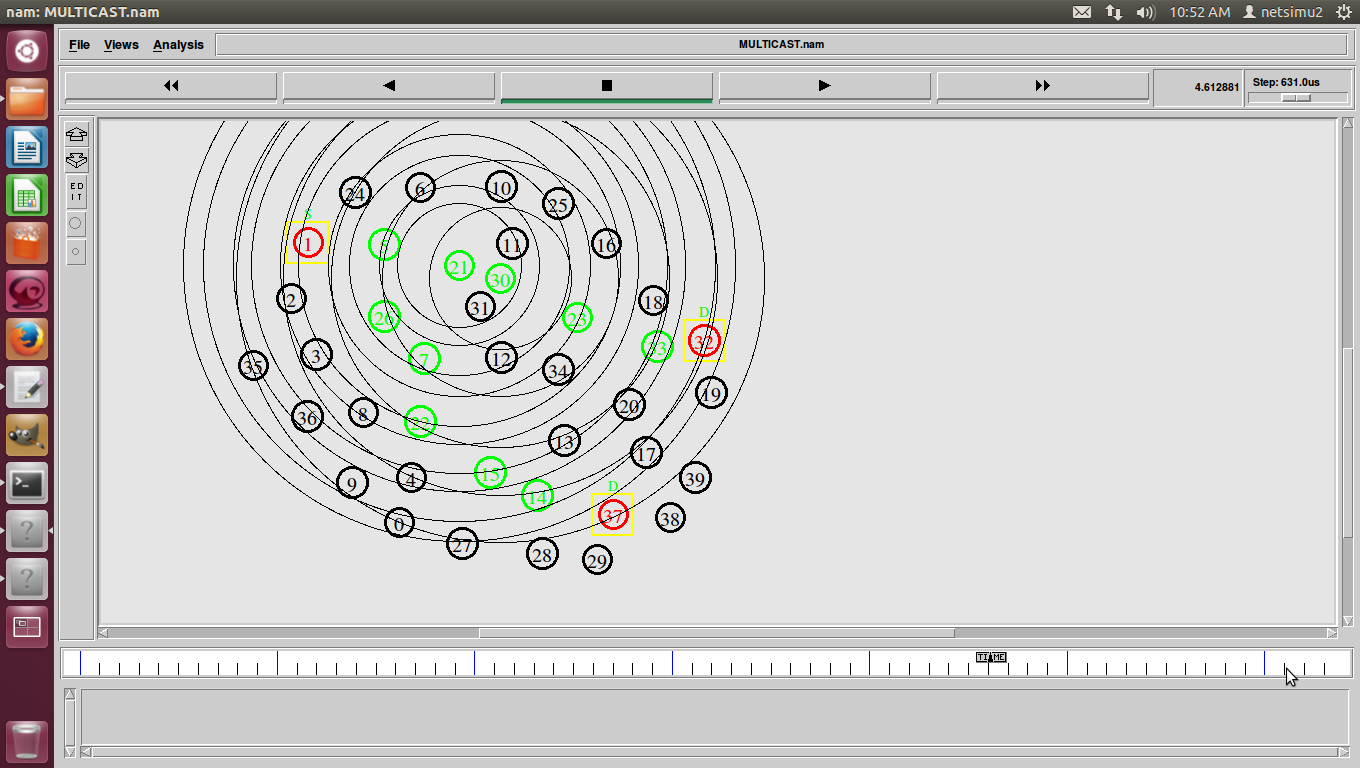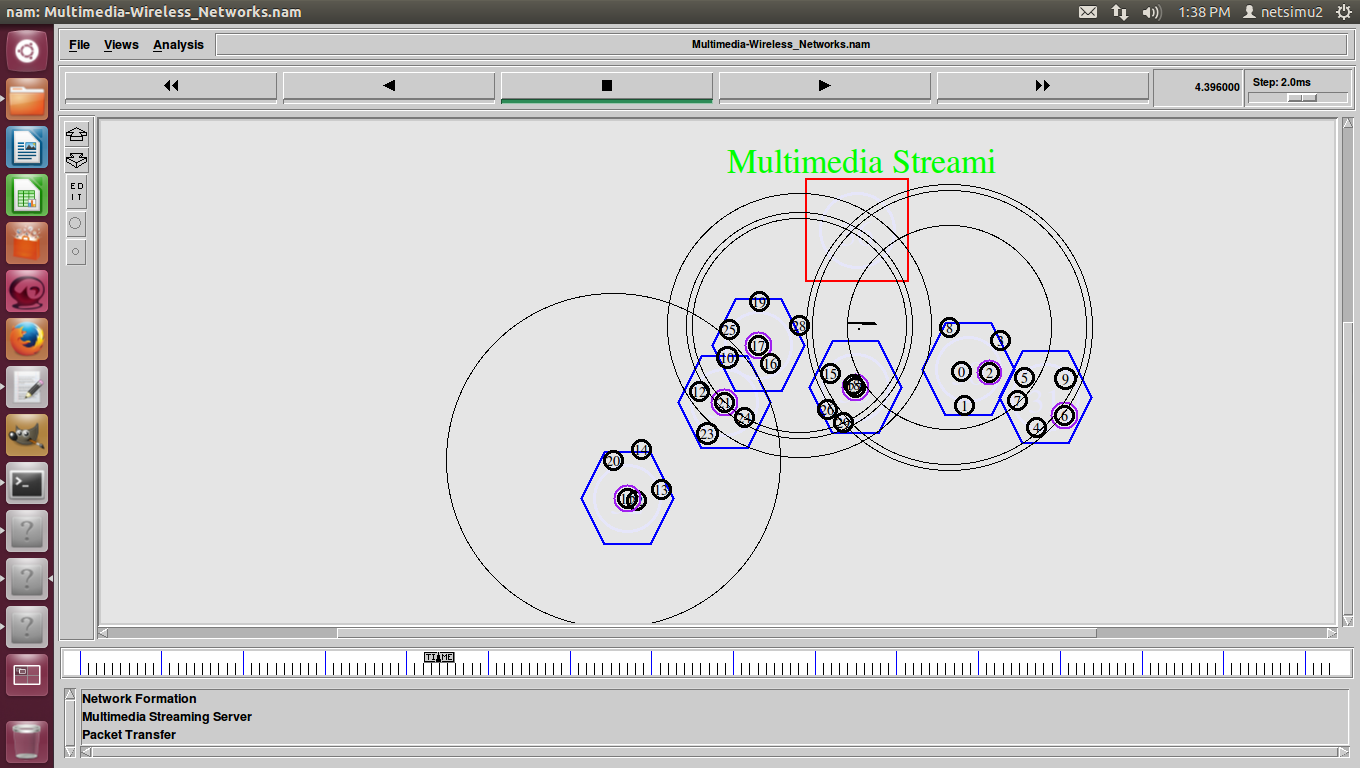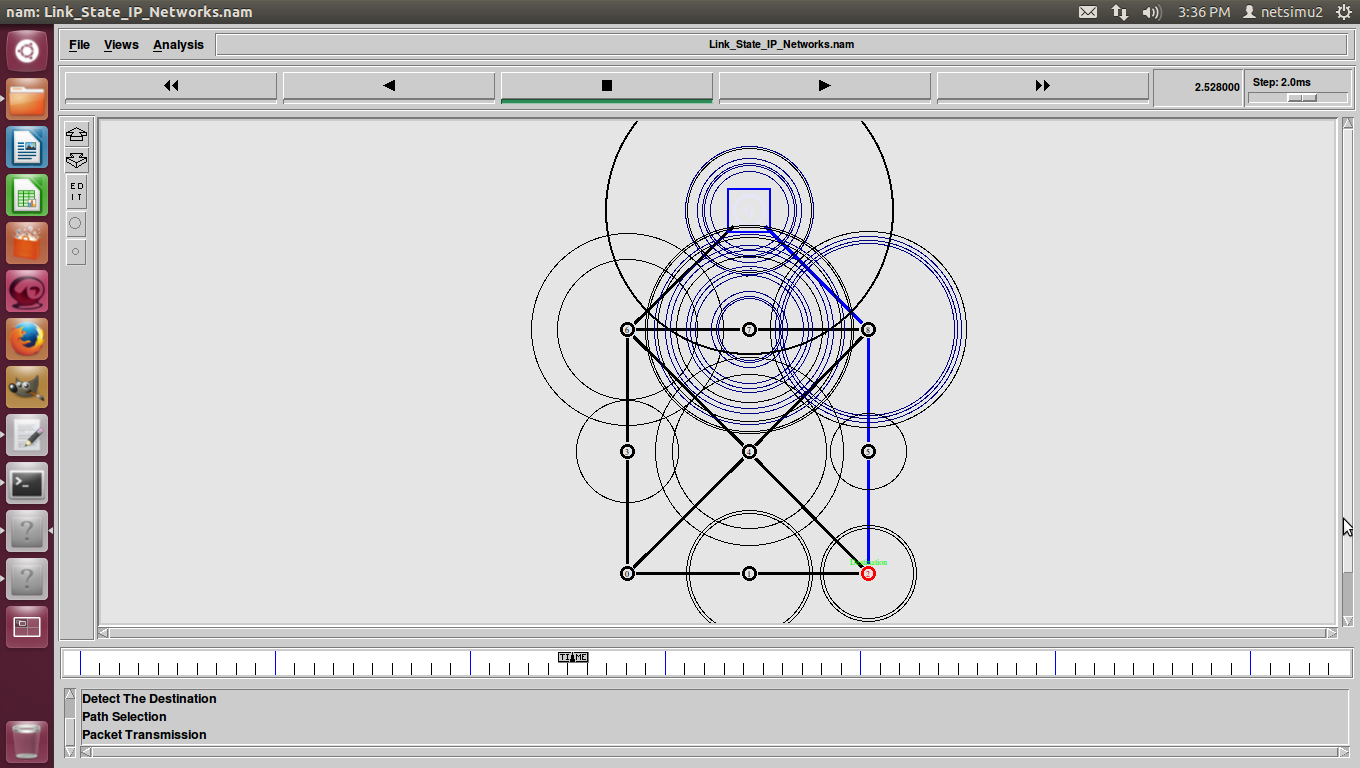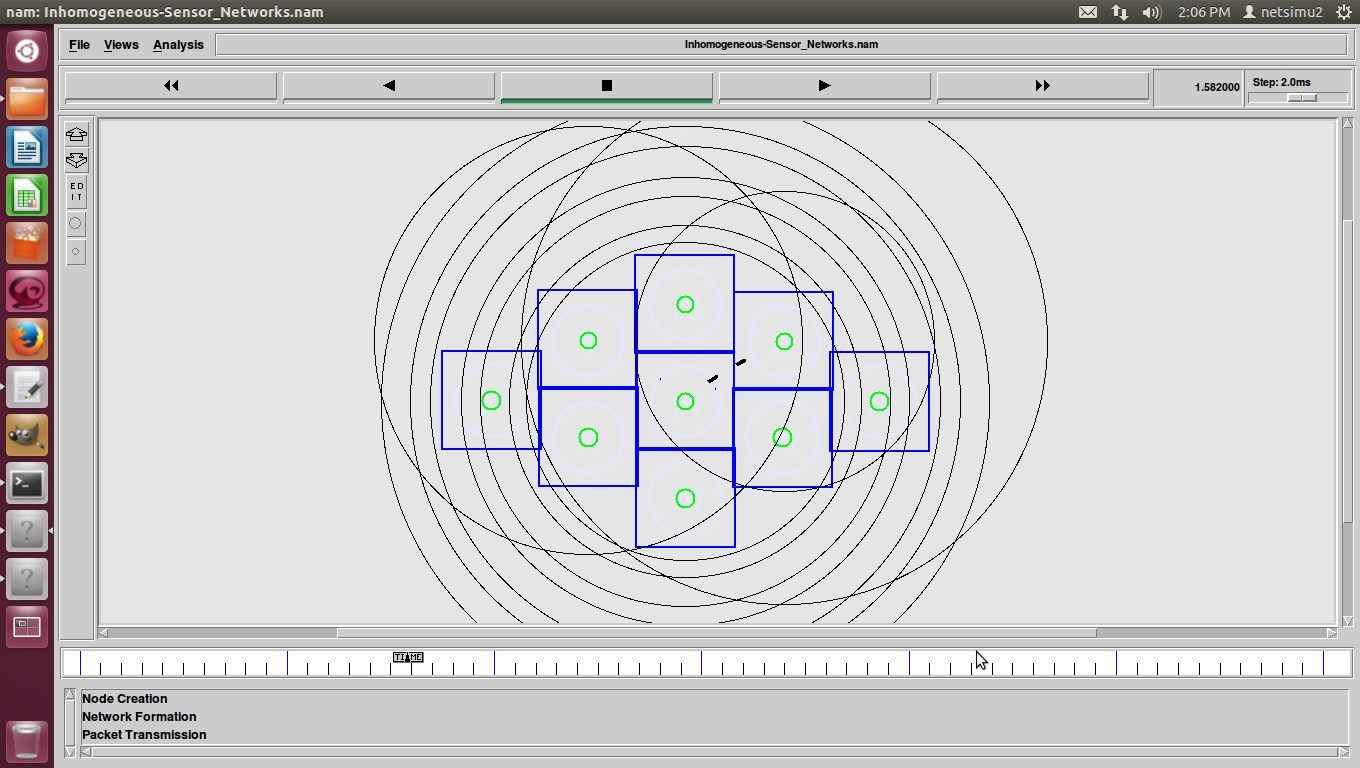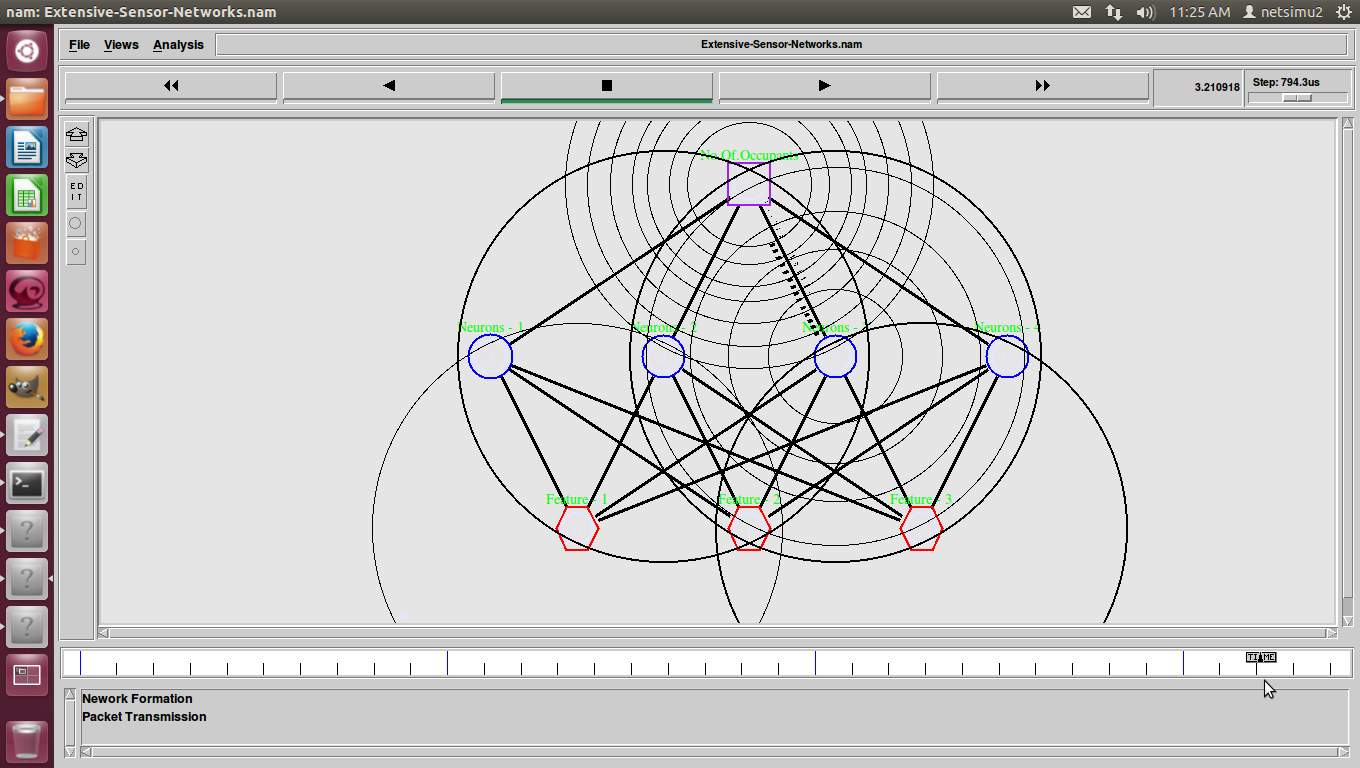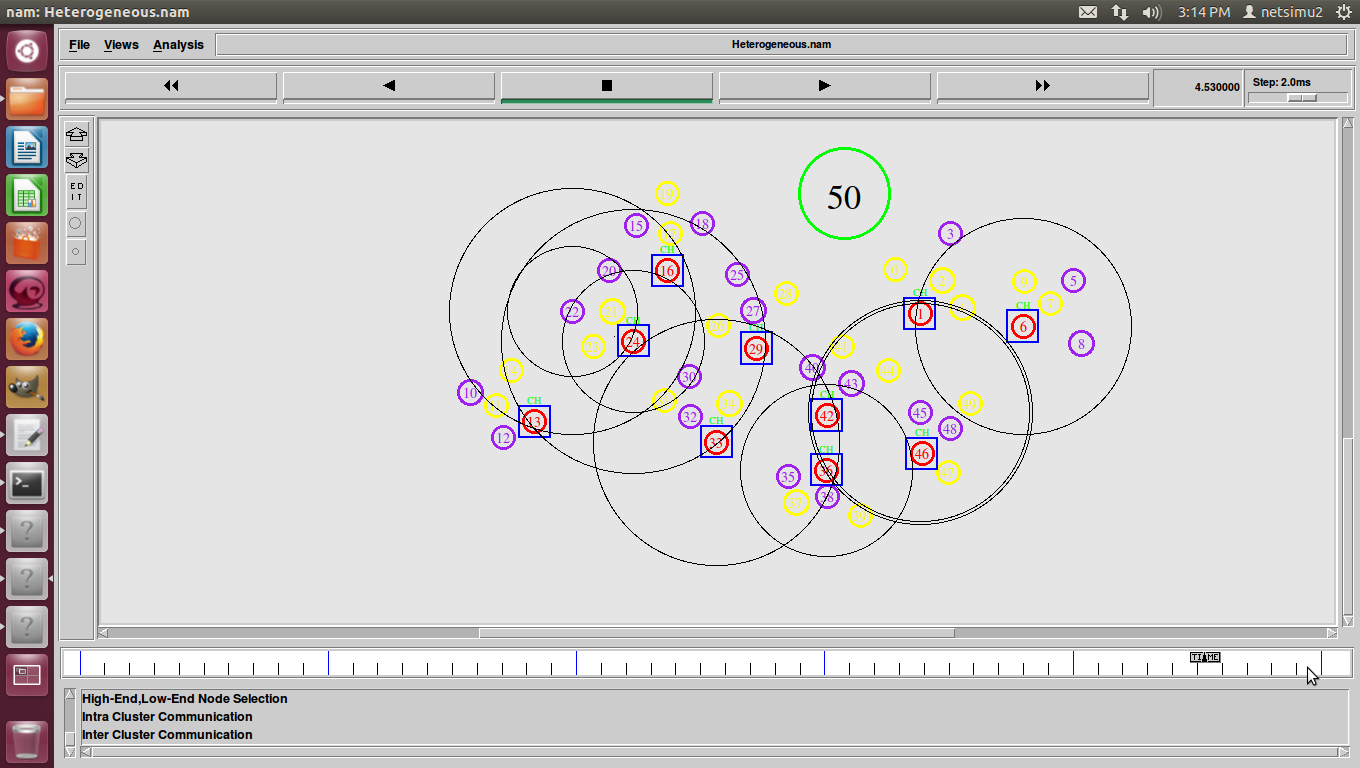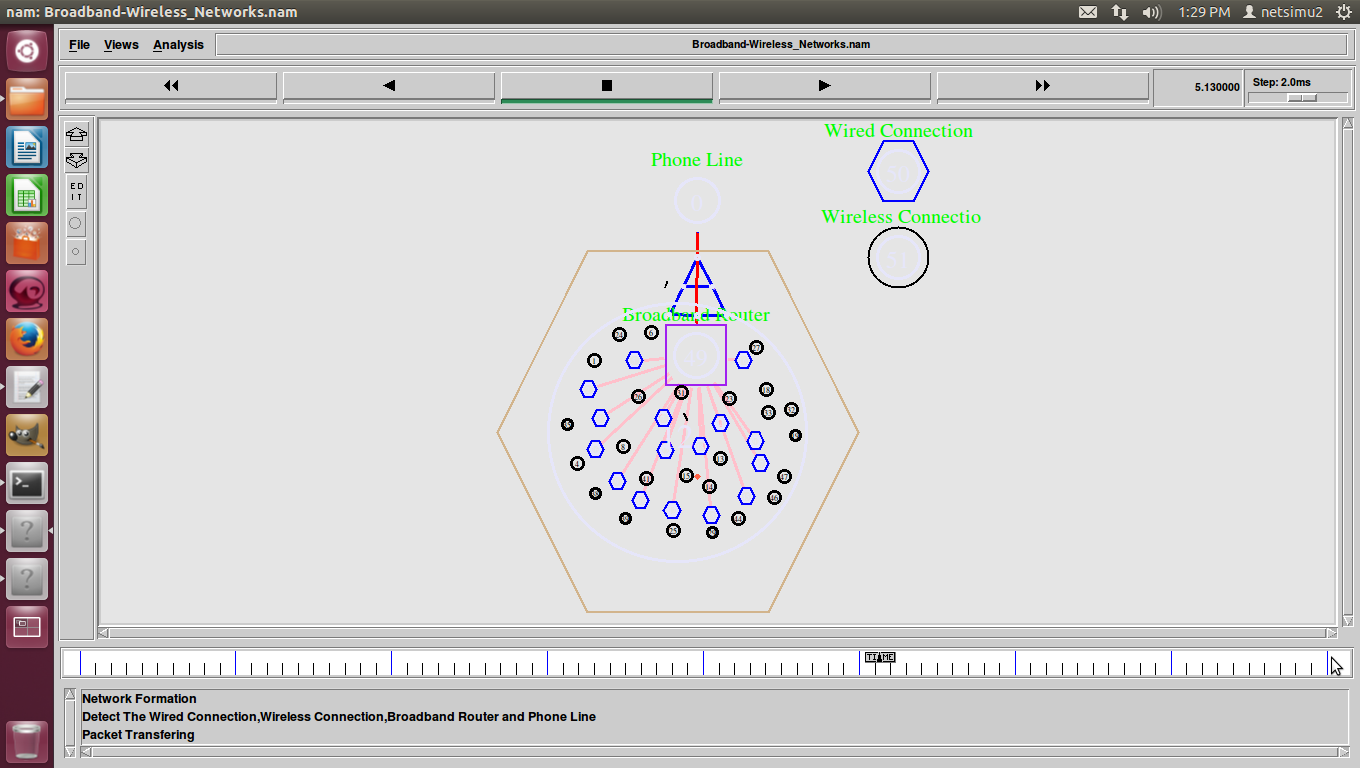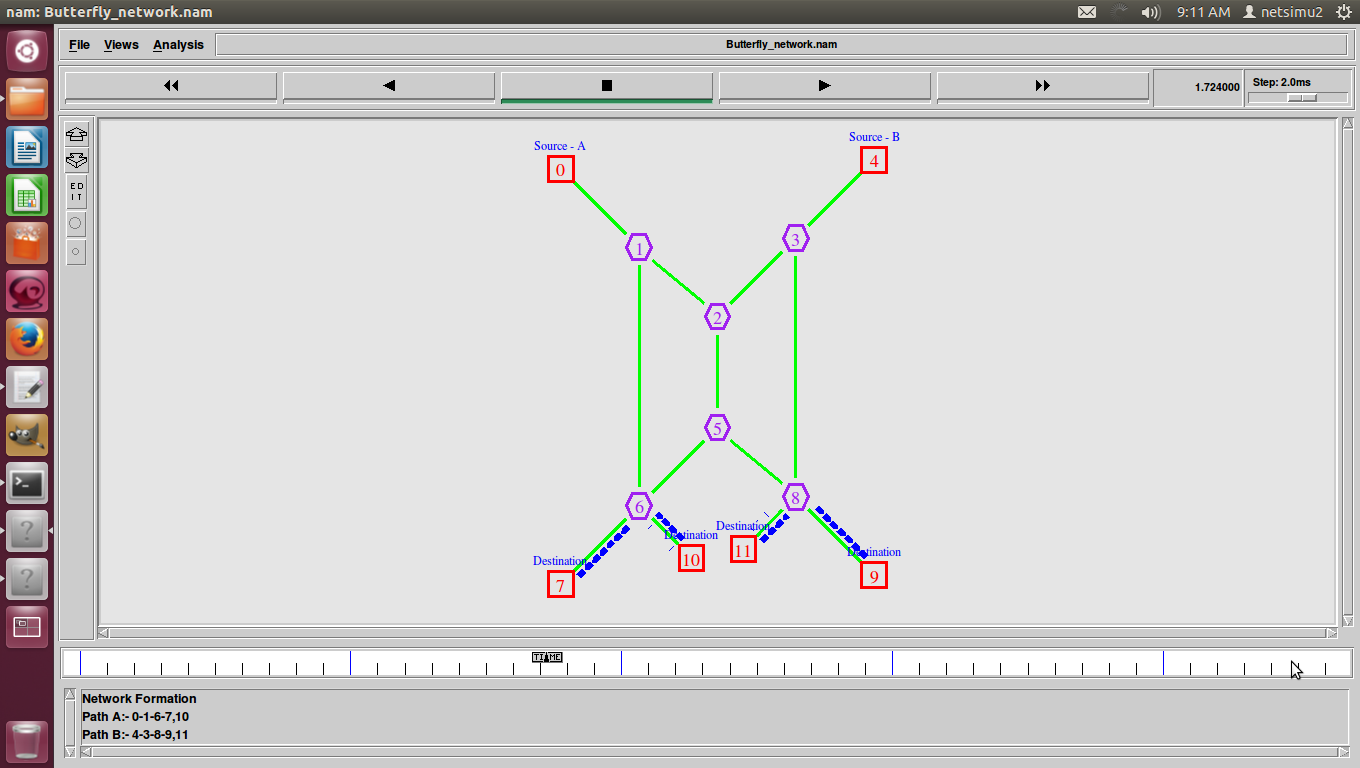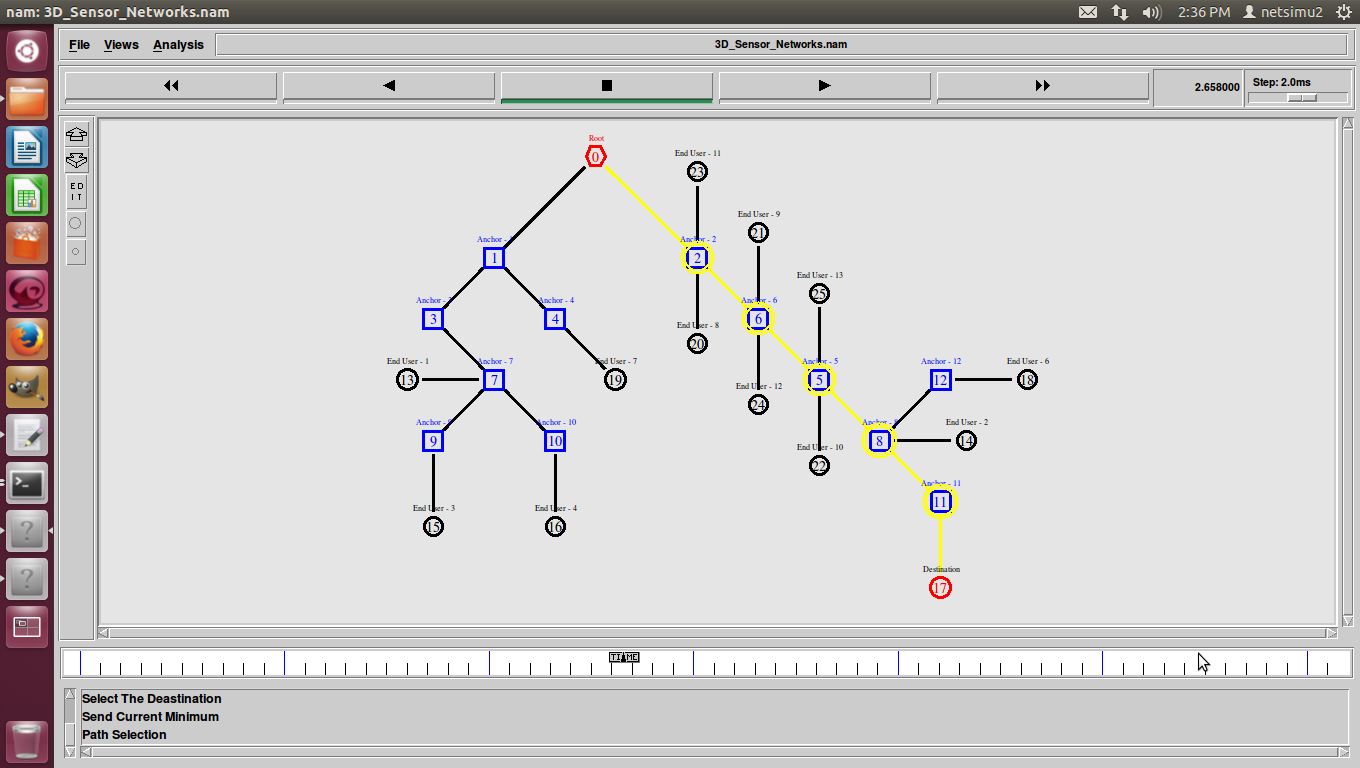A Saddle Point Algorithm for Networked Online Convex Optimization
An algorithm to learn optimal actions in convex distributed online problems is developed. Learning is online because cost functions are revealed sequentially and distributed because they are revealed to agents of a network that can exchange information with neighboring nodes only. Learning is measured in terms of the global network regret, which is defined here as the accumulated loss of causal prediction with respect to a centralized clairvoyant agent to which the information of all times and agents is revealed at the initial time. A variant of the Arrow-Hurwicz saddle point algorithm is proposed to control the growth of global network regret.
This algorithm uses Lagrange multipliers to penalize the discrepancies between agents and leads to an implementation that relies on local operations and exchange of variables between neighbors. We show that decisions made with this saddle point algorithm lead to regret whose order is not larger than O( p T), where T is the total operating time. Numerical behavior is illustrated for the particular case of distributed recursive least squares. An application to computer network security in which service providers cooperate to detect the signature of malicious users is developed to illustrate the practical value of the proposed algorithm.






